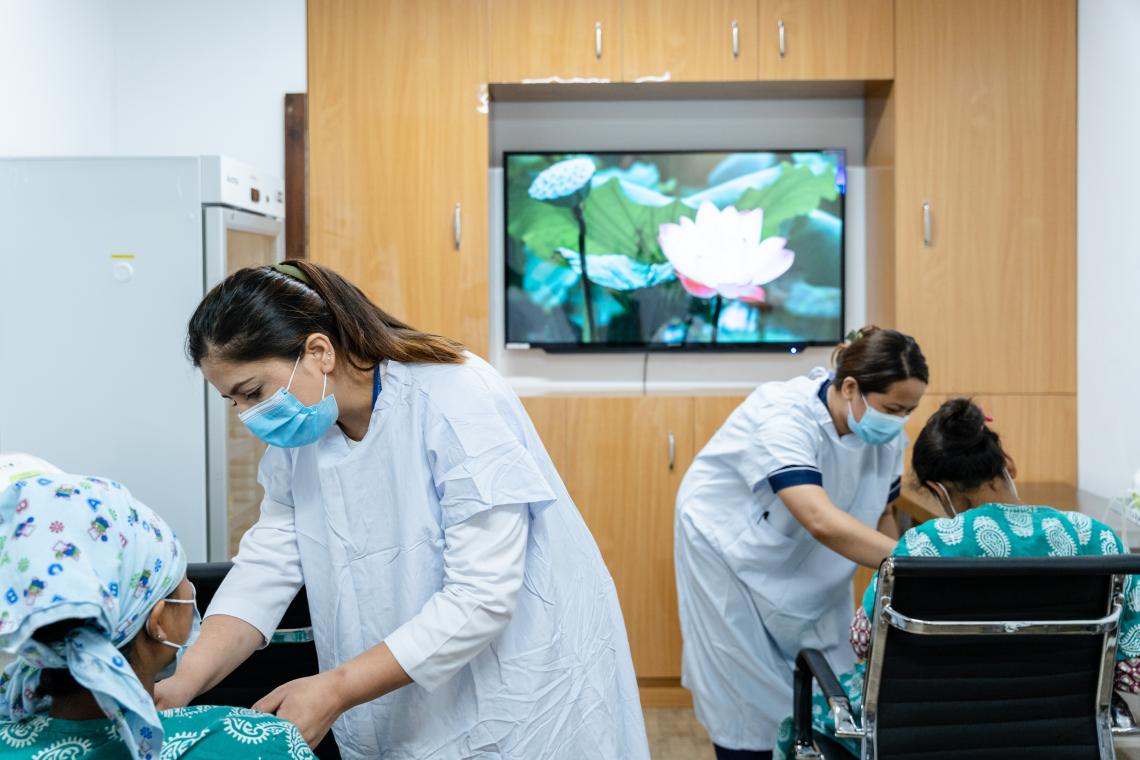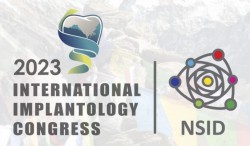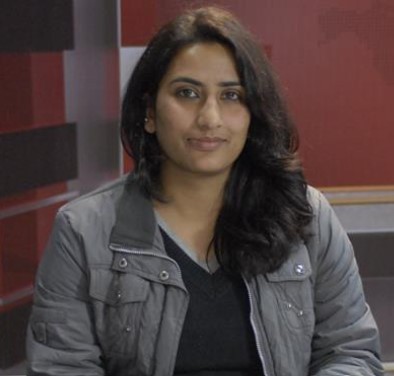Life & Health

Nepal’s first-ever Human Milk Bank is officially open now – with President Bidhya Devi Bhandari inaugurating it. Dubbed Amrit Kosh which translates to elixir bank, it is located at the Paropakar Maternity and Women’s Hospital.
Although the bank was established in the hospital in April, it was officially opened on Friday, marking the 63rd anniversary of the maternity hospital, which is the country’s first.
Officials hope the bank will help reduce maternal and infant mortality rate and create public awareness about the importance of breastfeeding.
Every year, around 15 million babies are born preterm around the globe. In lower-middle-income countries like Nepal, an estimated 81,000 babies are born preterm. Children face the highest risk of dying in their first month of life with preterm and low birthweight babies facing even higher risk, according to the UN’s fund for children, UNICEF.
Human Milk Bank
The bank, set up jointly by the government of Nepal, European Union and UNICEF, has facilities to collect, pasteurise, test and store safe donor human milk from lactating mothers and then provide it to infants in need.
The bank will be beneficial for premature, low birthweight and other at-risk infants. Officials say an estimated 1,000 children can reap benefits from the bank every month.
“When a baby is born prematurely, the mother's milk does not come well and the baby does not have the ability to pump it properly. This bank will provide pure milk to the infants,” Dr Kalpana Subedi, head of department, Department of Neonatology at the hospital told NepalMinute.
The bank has the capacity to store and pasteurise 1.7 litres of human milk.
Manual pumps and electric pumps have been kept standby at the hospital for milk collection from lactating mothers.
Milk storage
After ensuring that there is no infection or disease in the collected milk, it is pasteurised and stored. The bottle will be kept in a deep freezer at minus 20 C temperature. The milk can be used for up to six months.
When breast milk is not adequate or available, the new-borns are usually given infant formula milk. However, feeding formula milk can often lead to a high risk of developing an infection like sepsis or necrotising enterocolitis – which affects the intestines of premature infants.
“Human milk, if made available to the babies in need of breast-feeding, can save them from the adverse effects of formula milk,” said Dr Subedi.
Why breast milk?
Exclusive breastfeeding has the potential to prevent 13 percent of under-five deaths globally each year. Early initiation of breastfeeding within the first hour of birth, in addition to exclusive breastfeeding, can cut down 22 percent of all new-born deaths worldwide, according to UNICEF.
In Nepal, only 42 per cent of children under two years of age are breastfed within one hour of birth, and 62 per cent of children under six months are exclusively breastfed, according to Nepal Multiple Indicator Cluster Survey (NMICS) 2019.
Dr Bibek Kumar Lal, Director, Family Welfare Division, Ministry of Health and Population Human said: “Breast milk contains the best source of nutrition and ensures survival and healthy growth of babies. Human breast milk contains antibodies which cannot be found in any other sources. It boosts brain development and has lifelong benefits for the baby.”
Experts say the early initiation of breastfeeding (in the first hour of birth), exclusive breastfeeding from birth to six months of age and continued breastfeeding up to two years and beyond together with the complementary feeding helps defence against infection and malnutrition. It helps in preventing deaths of infants and young children, they say.
Prof Dr Amir Babu Shrestha, Director, Paropakar Maternity and Women’s Hospital said: “Premature, low birthweight and small for gestational age babies are vulnerable in terms of survival and cognitive development and usually have feeding problems due to their medical conditions. Often direct breastfeeding is not possible for these babies. The next best alternative is expressed breast milk.”
How to donate?
Any lactating mothers can visit the hospital if they are willing to donate milk. The mother willing to donate her milk should undergo three major tests - HIV, 'Venereal Disease Research Laboratory Test' (VDRL) and Hepatitis B Virus Surface Antigen (HBsAg). If she had tested within the six months from the day of donation then she can donate her milk. If the tests had exceeded six months then she needs to undergo the tests.
Who can get the milk?
Any infant who is admitted in Paropakar hospital can get the milk. The milk is available free of cost. “As this is just a start we have limitations for infants admitted in other hospitals. The milk needs to be stored properly as it might get infected because it is rich in proteins. Therefore we can’t transport it to other hospitals at the time being,” said Dr Shrestha.

_11zon1681280198.jpg)




